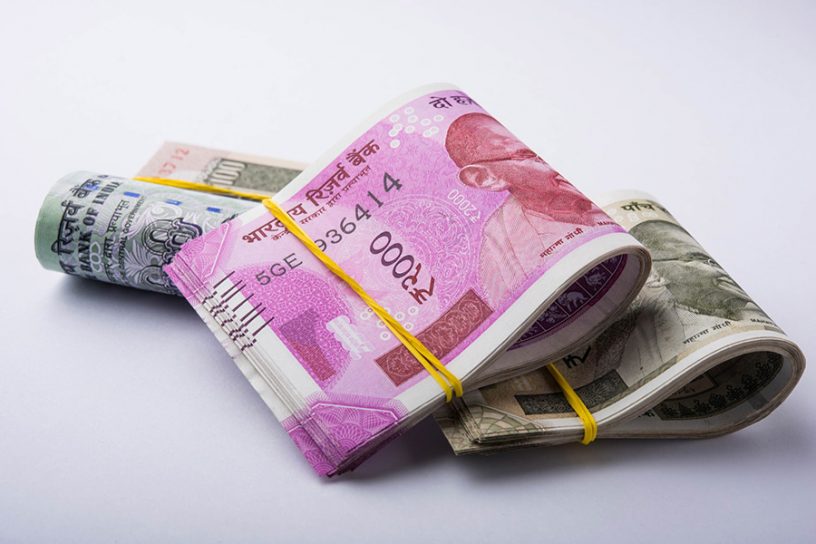
In general, the top 10% of the Indian population has enjoyed a steep rise in their wealth share over the past two decades.
Authors
Ishan Anand, Assistant Professor of Economics, Department of Humanities and Social Sciences, Indian Institute of Technology Delhi.
Anjana Thampi, Assistant Professor of Economics, Jindal Global Law School, O.P. Jindal Global University, Sonipat, Haryana, India.
Summary
Inequality in India is at obscene levels. While still home to a very large number of people living in destitution, the number of dollar billionaires in India increased from one in the mid-1990s to 166 in 2022.
The fortunes of wealthy elites have also skyrocketed over the years, increasing the gap with the average Indian. As per the Forbes billionaires list for 2023, the most affluent Indian (Mukesh Ambani) is worth $83.4 billion, which translates to around Rs 6.8 lakh crore.
To put these numbers in perspective, if Ambani were to donate a Rs 2000 note every minute, it would take more than 6,000 years before his current wealth runs out.
Using official survey data from 2018 and adjusting for inflation, we find that the average household wealth in India will be around Rs 25 lakh in 2023. That is, the wealth of the most affluent Indian is around 27 lakh times the wealth of an average Indian household.
In general, the top 10% of the Indian population has enjoyed a steep rise in their wealth share over the past two decades. Some argue that there is nothing wrong with rising wealth concentration at the top and that policy should rather focus on poverty. Such arguments overlook the consequences of rising wealth disparity.
Extreme concentration of wealth is detrimental to the health of democracy and to the planet itself. A handful of individuals and corporations are able to exercise disproportionate influence and control over economic policy, politics, the media, and other institutions whose impartial functioning is a precondition for the functioning of a true democracy. Wealthy elites across the globe are also responsible for a high share of carbon emissions.
Published in: Deccan Herald
To read the full article, please click here.


